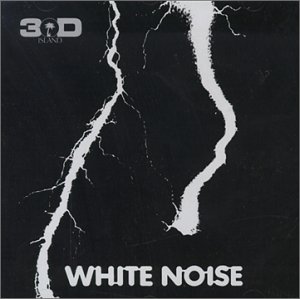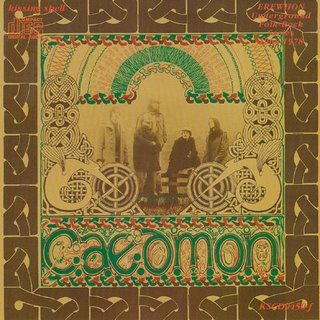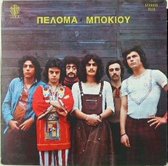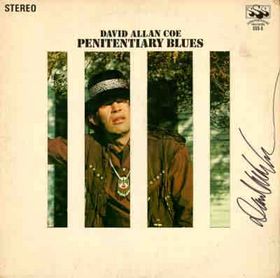
Though it was issued as late as 1972, Right Now reveals why, long before he ever recorded, Wizz Jones was one of the most revered guitarists and songwriters on the British folk scene, along with
Michael Chapman,
Bert Jansch, and
John Renbourn;
Jansch and
Renbourn both produced and played on this album (sitar and harmonica). While Jones can claim none of the gorgeous electric guitar parts here —
Peter Berryman handled the electric Telecaster chores — it's in the unreal, almost otherworldly acoustic guitar stylings where Jones' particular genius can be found. Like
John Fahey, his North American counterpart, Jones' style is an amalgam of many very traditional musics: from Delta blues and early Anglo and Celtic minstrel cultures to classical Indian music and country music. On Right Now, he uses the guitar as a means to deliver 75 percent of the song's ability. There aren't any endlessly strummed tunes on this album; here nothing is ever static. From the down-home, minor-key, sitar- blues arrangement of
Pete Seeger's "One Grain of Sand"; to the greasy, folk/funk of
Alan Turnbridge's dark rant against L.A., "City of the Angels"; Jones' own songs, and those he collaborated on with
Turnbridge, such as "The Raven," are full of tonal variations and quirky strangeness. "The Raven" is based on a 17th century melodic and lyrical framework, where the singer plays "call and response" with himself. The tonal variations bring the track — and another, "No More Time to Try," — into modal territory, and are made more possible by the use of a 12-string with a dodgy capo tuned to an open D. Also notable is Jones' jazzed-out reading of
Seeger's arrangement of "American Land." The disc ends with another collaboration between Jones and
Turnbridge: "Deep Water," a
Gary Davis-styled ragtime blues song. The turnarounds at the bottom end are just astonishing. Unlike most of his contemporaries, Jones was gifted with a beautiful tenor singing voice, which gave him the legs to play in front of an audience and not apologize for anything. "Deep Water," besides being a great twin-guitar vehicle for Jones and
Berryman, showcases the range and expressive qualities of Jones' singing voice. It closes the album on a high note, leaving the listener shocked at the array of music he/she has just been witness to, and wanting for more...much more. By Thom Jurek
Fantastic! "City of the angels" beautiful guitar playing! "American Land", what a song, strange feelings! Incredible!
In my opinion, this is a true masterpiece!
Highly Recommended!!Get it!
 This was made back in the days when it was just the singer, his guitar and his harmonica. Oh yes the comparisons to Bob Dylan were endless and for good reason. Andersen was blessed with the similar talents of Dylan. Just like Dylan's early albums there are plenty of good self penned songs that are sung with the same intensity a lone folksinger would require to succeed. Unlike Dylan, Eric's songs are less political and surreal. They tend more toward romantical topics. Also Eric is a fingerpicker (pretty much pattern style) which gives a softer backdrop to his songs.
This was made back in the days when it was just the singer, his guitar and his harmonica. Oh yes the comparisons to Bob Dylan were endless and for good reason. Andersen was blessed with the similar talents of Dylan. Just like Dylan's early albums there are plenty of good self penned songs that are sung with the same intensity a lone folksinger would require to succeed. Unlike Dylan, Eric's songs are less political and surreal. They tend more toward romantical topics. Also Eric is a fingerpicker (pretty much pattern style) which gives a softer backdrop to his songs.














